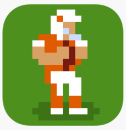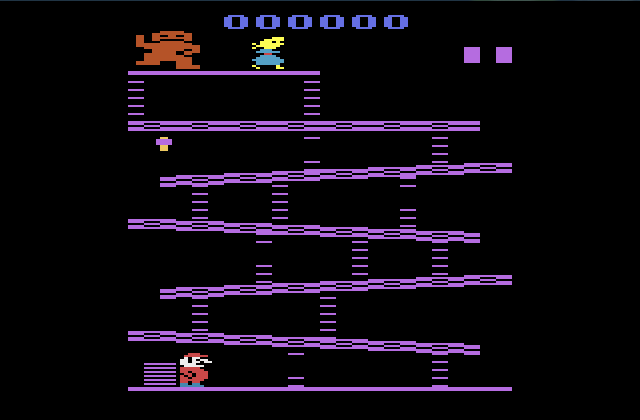Wman1996 said:
I actually didn't know that. It seems that the 5200 and ColecoVision were meant to be third generation, but history has not seen in that way. I don't think we'll ever get a consensus on whether Switch is eighth or ninth generation unless Nintendo says so. But with Atari, that would still mean they had two consoles in a generation even if you entertain that 5200 is third generation. Because there's no way you can argue Atari 7800 is fourth generation. |
Lol, yes that is very true. The 7800 was developed between 83'-84' and then shelved by Atari until it's 86'-87' release. So yeah, it's development cycle was very close to the 5200's. In fact, I read somewhere that early 80's Atari always had many projects going on in R&D simultaneously.
I've always seen hardware generations as whoever shares shelf space with it's competitors at a given time and competes for the same consumers dollars. (Which makes sense as to the question of why the 5200 and ColecoVision got retroactively bumped back to 2nd Gen systems since they never really got to compete with the NES or Master System.) Right now, I have a Nintendo Switch and an XBox One. If there is a multiplat game releasing on both systems, I have to make a conscious decision which system to buy the game for. So, anytime I buy the Switch version, the Switch is not just competing with, but taking money away from its competitors.
I remember years ago, people on this very site arguing that the Wii could not be considered the winner of the 7th Gen, because it's specs were not on par with the 360 or the PS3. But throughout its lifespan, it shared the same section of brick and mortar video game aisles. The same started off true for the Wii U, PS4 and Xbox One. But, the Wii U flopped, and Nintendo was quick to react with the release of the Switch. The Switch is now going to be in the unusual position of having shared shelf space with PS4 & XBox One for half of its lifespan, and then sharing space with the PS5 and XBox Series X for the remainder.
I don't really have a problem with the Switch being designated as an 8th gen system. But, I can imagine a scenario where if the Switch finished with lifetime sales higher than the PS4, some people would suddenly not be so eager to say they were in the same gen (just like the Wii).


























